

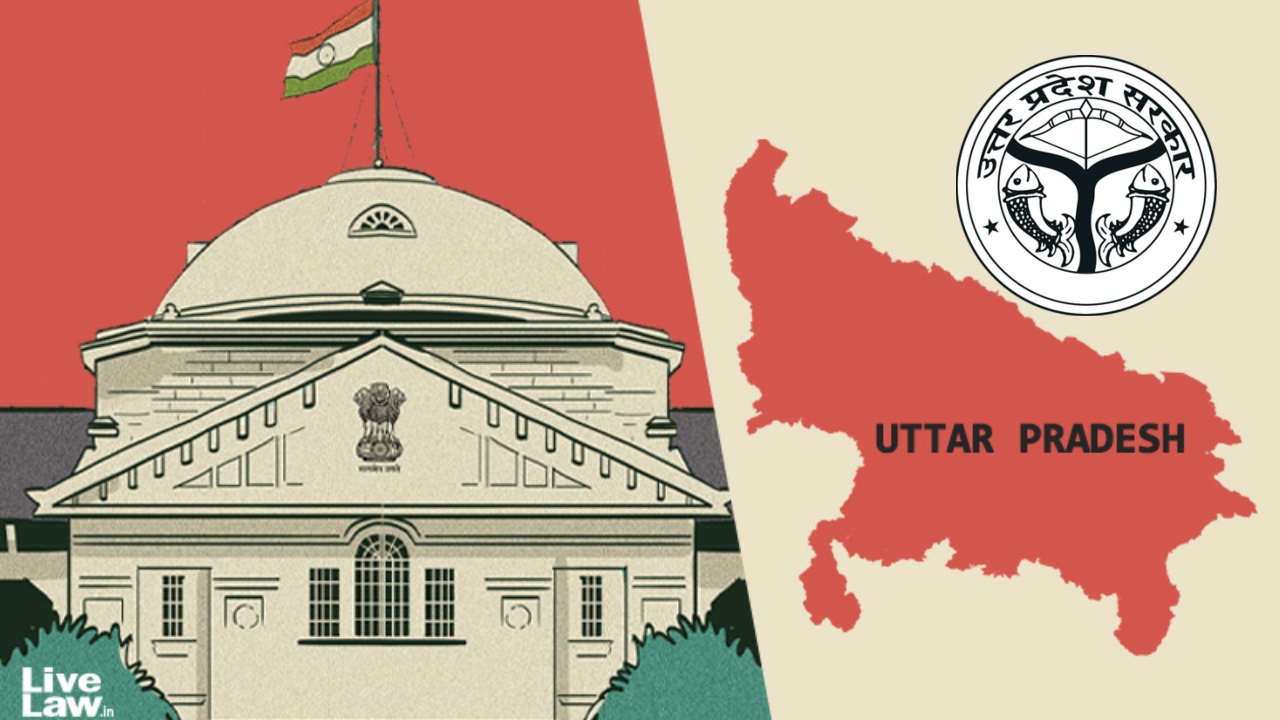
In a crucial move, the Allahabad High Court has directed the Uttar Pradesh authorities to provide an update on the implementation of FASTER (Fast and Secured Transmission of Electronic Records) mechanism in the state. This mechanism aims to efficiently handle the transmission of electronic records, ensuring faster and more secure processes. The directive from the court comes as a step towards streamlining administrative procedures and promoting digital governance.
FASTER: A Digital Transformation for Efficient Electronic Record Transmission
Background
The FASTER (Fast and Secured Transmission of Electronic Records) mechanism is a digital governance initiative aimed at transforming the way electronic records are handled and transmitted within the Indian government. Introduced in 2020, FASTER is designed to enhance efficiency, security, and transparency in government processes.
The mechanism involves the creation of a national digital platform that facilitates the seamless exchange of electronic records between government departments, agencies, and other stakeholders. It eliminates the need for manual handling, reducing delays and enhancing data accuracy.
Allahabad High Court Directive
Recently, the Allahabad High Court directed the Uttar Pradesh authorities to provide an update on the implementation of FASTER in the state. This directive underscores the importance of digital transformation and the judiciary's commitment to modernizing administrative procedures.
Benefits of FASTER
Top 5 FAQs and Answers
1. What is the purpose of FASTER? A: FASTER is a digital mechanism for fast and secure transmission of electronic records, streamlining government processes and promoting digital governance.
2. Who is responsible for implementing FASTER? A: The Department of Information Technology and the National Informatics Centre are primarily responsible for implementing FASTER across government departments and agencies.
3. What are the key benefits of FASTER? A: FASTER enhances efficiency, security, transparency, and reduces administrative costs.
4. Is FASTER mandatory for all government departments? A: Yes, FASTER is mandatory for all government departments and agencies as per government directives.
5. What are the challenges faced in implementing FASTER? A: Challenges include technical infrastructure upgrades, staff training, and ensuring interoperability between different government systems.
Conclusion
The FASTER mechanism is a significant step towards modernizing government operations and fostering digital governance in India. By streamlining electronic record transmission and enhancing data integrity, FASTER promises to improve efficiency, transparency, and stakeholder engagement within government processes. The Allahabad High Court's directive highlights the judiciary's support for digital transformation and its potential to enhance administrative systems.
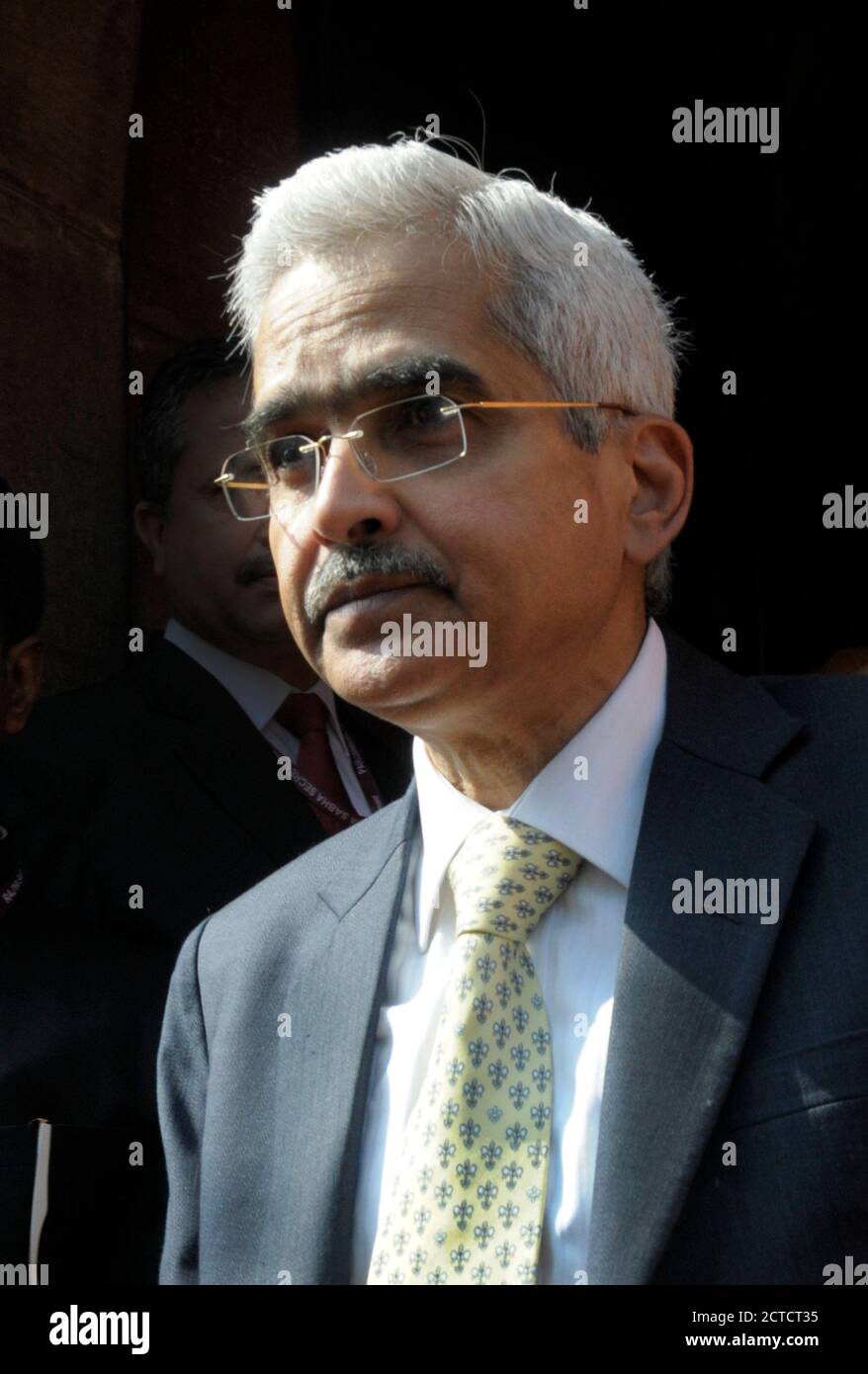
In a move that has sparked attention and speculation, former Reserve Bank of India governor Shaktikanta Das has been appointed as the principal secretary-2 to the prime minister. This high-level bureaucratic change has stirred up discussions on the role of non-political appointees in the Indian government.
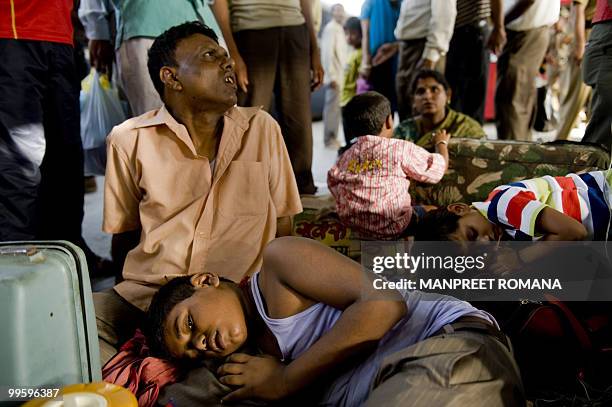
The Ministry of Railways has directed social media platform X to remove photos and videos related to the February 15 stampede at New Delhi Railway Station that disrespect the deceased, outrage women's modesty, and are traumatic for survivors and their relatives. The directive was issued after family members of the stampede victims requested the Ministry to take action. The Ministry has also recently empowered its executive director to issue notices to platforms carrying prohibited information related to railways.

In a fiery speech during a debate on the motion of thanks, BJP chief whip Sanjay Jaiswal targeted Feroze Gandhi, the grandfather of opposition leader Rahul Gandhi, for changing his surname to Gandhi. Jaiswal's remarks have received praise from senior party leaders, who see it as a challenge to the Gandhi dynasty. This comes amid BJP's campaign to connect with regional groups and attract Telugu-speaking voters, with Andhra Pradesh Chief Minister N Chandrababu Naidu's recent meeting in Delhi gaining significant traction. Additionally, the Home Ministry has directed all ministries and government departments to not omit the national motto, 'Satyameva Jayate', when using the State Emblem of India, stating that the emblem is "incomplete" without it.
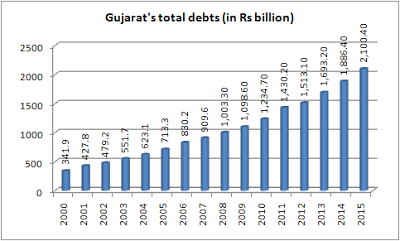
In a written reply to Congress MLAs, Gujarat's Finance Minister Kanubhai Desai stated that the state's public debt stands at over Rs 3.77 lakh crore, with over Rs 48,000 crore paid as interest in the past two years alone. The government has borrowed from financial institutions, market loans, and the central government, drawing criticism from opposition Congress for burdening the people of the state.

The Trump Administration has proposed cutting Title 20 funds, which go towards social safety programs like Meals on Wheels. This move would drastically reduce the nonprofit's budget, potentially leading to a 50% cut in the number of clients they can serve. With a waiting list of 300 people and growing, this decision could have devastating consequences for the elderly and infirm who depend on Meals on Wheels for low-cost meals and essential services. Meals on Wheels Plus in Abilene is just one of the many programs at risk of losing critical funding, leaving them in a precarious financial position.

The latest controversy surrounding a popular digital show in India, India's Got Latent, has brought to light important discussions about the line between comedy and responsibility on the internet. Host Ranveer Allahbadia's remarks have caused a nationwide debate, with individuals from all walks of life speaking out about the incident. While some have questioned the rapid escalation of the issue, others have drawn attention to the larger context of hate speech and its consequences. Politician Priyanka Chaturvedi strongly emphasized the need for responsible use of platform and plans to formally address the issue.
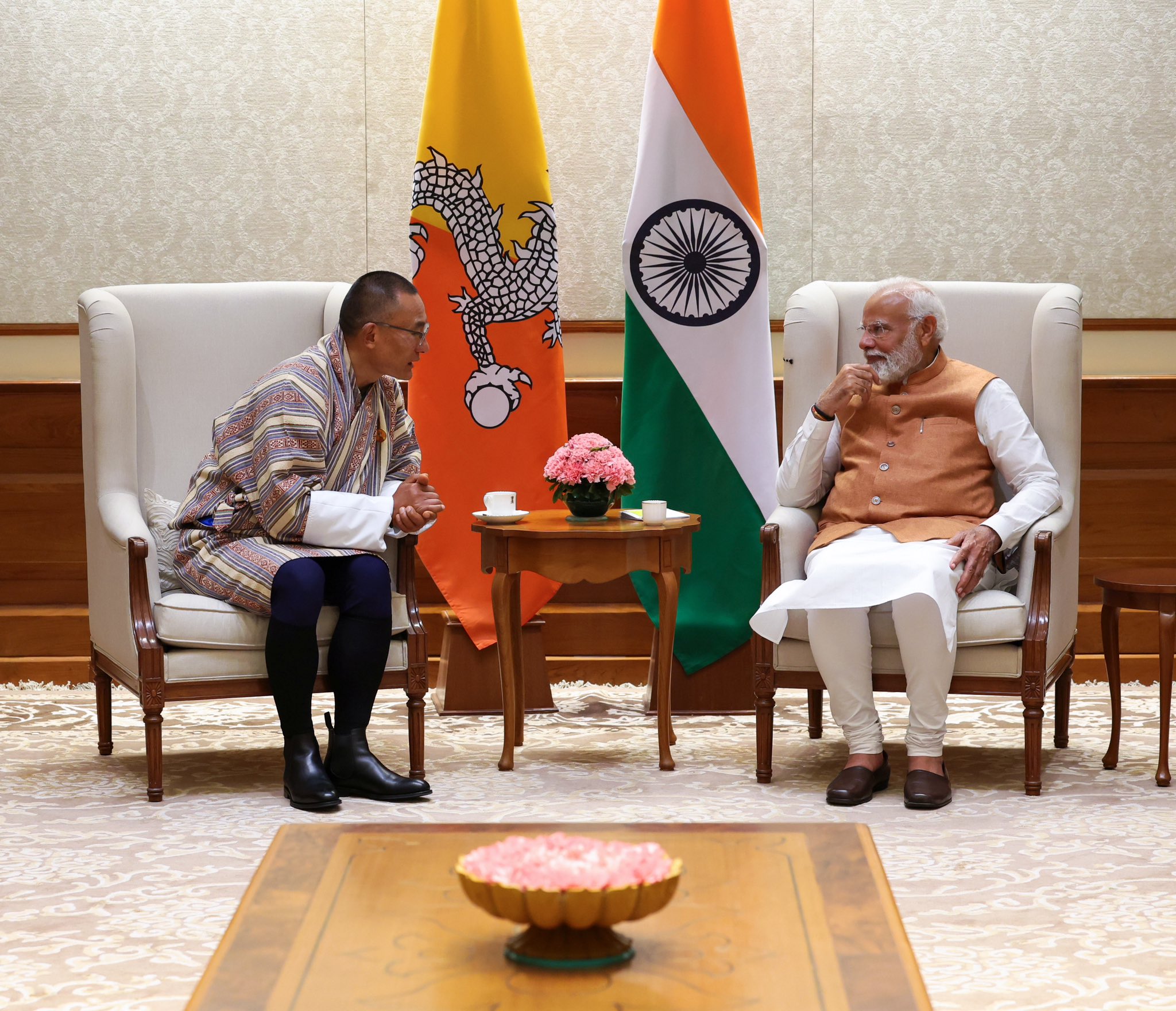
Prime Minister Narendra Modi and Bhutan's Prime Minister Tshering Tobgay joined forces at the School of Ultimate Leadership (SOUL) Leadership Conclave to discuss the importance of authentic leadership in today's world. Modi's unwavering commitment to nurturing leaders from various fields was praised by Tobgay, who referred to him as an "elder brother" and a mentor. The two-day event, which brings together leaders from different domains, aims to inspire young audiences by sharing experiences of both successes and failures in leadership.
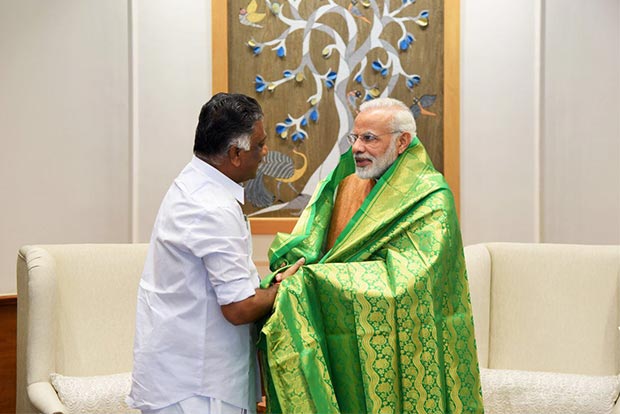
Tamil Nadu Deputy Chief Minister Udhayanidhi Stalin has warned the Centre against implementing the National Education Policy (NEP) in the state, stating that the people of Tamil Nadu will launch a 'Get out Modi' campaign if their rights are snatched away. He also demanded the immediate release of funds for the education department and appealed to the opposition AIADMK to join the ruling DMK in protesting against the NEP. This has raised concerns over a potential language war in the state, impacting the future of Tamil children.
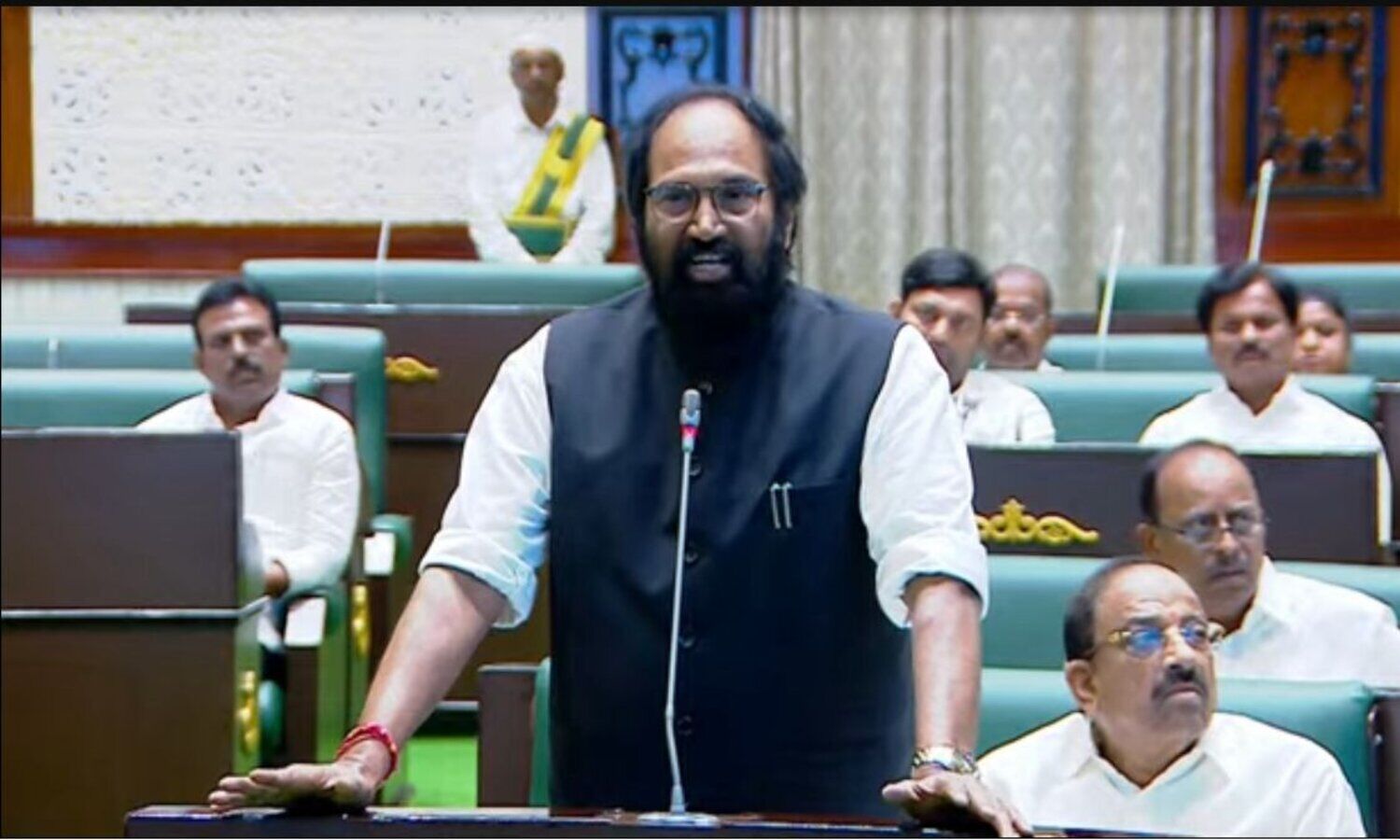
Telangana's Irrigation Minister N Uttam Kumar Reddy has called out the Telangana Rashtriya Samiti (BRS) for disseminating false information to the public regarding the sharing of Krishna river water with Andhra Pradesh. Reddy accused the former irrigation minister and BRS leader T. Harish Rao of trying to discredit the Congress government instead of taking responsibility for their own failures. Data from the Krishna River Management Board also showed a consistent imbalance in water usage between the two states, with Andhra Pradesh using over 60% of the water while Telangana's share remained below 36%. The negligence of the BRS government in addressing this issue has resulted in delays for crucial irrigation projects and water shortages for farmers in Mahbubnagar, Nalgonda, and Rangareddy districts.